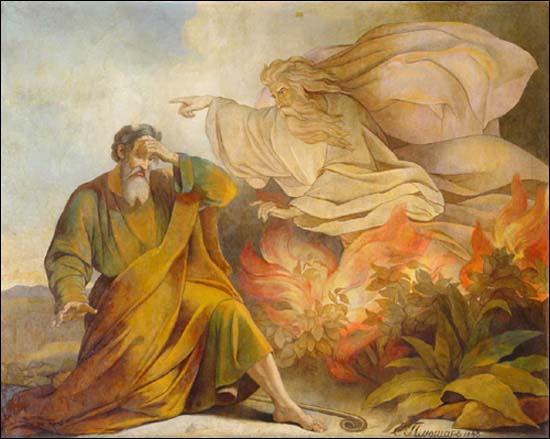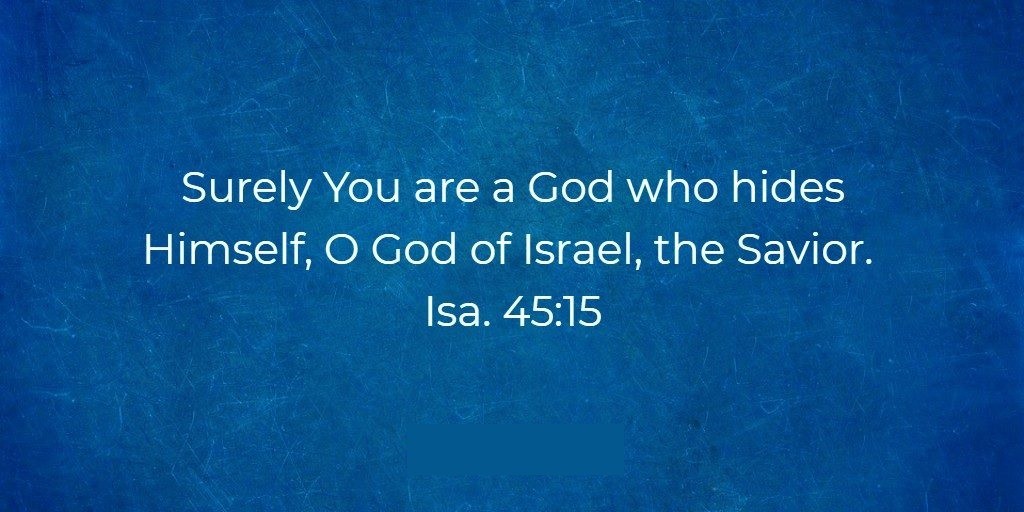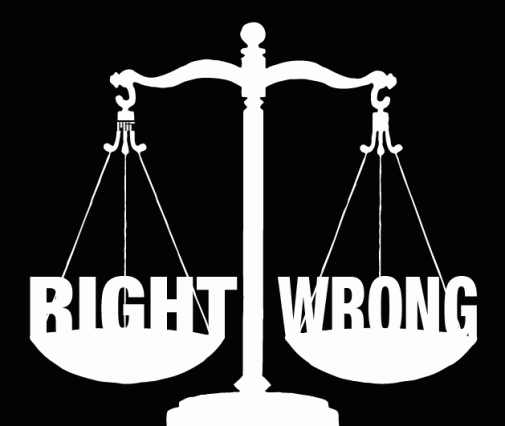Overview: The historical approach to converts and the way they were accepted and why the contemporary conversion process is so long and challenging.
A hot topic in Judaism, the concept of conversion and its procedure vary from denomination to denomination, from Orthodox being excessively strict to Reform being excessively lenient. Being that the observant standards of the Reform and Conservative movements are very low and undemanding, conversion to Judaism, the way they perceive the religion, is the meager acceptance of a few basic Jewish rituals and the acceptance of Jewish identity. Staying faithful to traditional Judaism, Orthodox Judaism has a strict conversion process in order to ensure that the convert is actually ready to embrace the responsibilities of Judaism and isn’t making rash decisions.
Converts that only went through the Reform or Conservative conversion process are not accepted as converts within the observant Orthodox Jewish community. On the other hand, converts who went through the procedure with authentic Orthodox rabbis are regarded as Jews by the entirety of the Jewish community having passed the strictest of tests.
A common misconception is that Orthodoxy doesn’t like converts and is therefore so stringent in their conversion procedure. We’ll shed some light on that concept as well as answering the question of why Jews don’t proselytize non-Jews to become converts, and Judaism’s general attitude towards converts. We will give an overview of converts starting from the beginning of Judaism and see how the concept evolved over time.
In the Bible
The Written Torah doesn’t speak explicitly about the idea of converts or conversion. This is in line with the general absence of clarity in the Written Torah about Jewish identity. However, there are multiple references[i] to the ger toshav translated as the alien living in the Land of Israel. In rabbinic literature this is explained as one who hasn’t accepted full conversion but wishes to live in the Land of Israel as a righteous Gentile observing the Seven Noahide Laws. We permit him to do so and in fact the Torah sternly warns against mistreating him or viewing him unfavorably.
While no conversion idea or procedure is mentioned in Torah, we do see foreigners entering the Israelite community and becoming full-fledged members in Tanakh (Deut. 23:4, 9, Ruth 4:11, Esther 8:17). It is likely that they had to accept the Israelite God (Ruth 1:16) and the males to circumcise (Gen. 17:12). Later in rabbinic times, ritual bathing was added as well (Keritot 9a). The procedure remained relatively lenient until recent times when the Orthodox movement reformed the conversion process in response to cultural changes to be explained.
Jewish attitude towards proselytization
Being that the Bible is rather silent on the subject, we will turn to the Oral Law documented in the Talmud.
Unlike other Abrahamic faiths, Judaism believes that there is potential salvation even for non-Jews. In contrast, Christianity and Islam preach salvation only for their own. Judaism believes that non-Jews merit reward in the World to Come via observance of the Seven Noahide Laws[iii] while Jews must keep all the laws of the Torah. Consequently, proselytization to convert non-Jews was never a focus in Jewish practice so long as the Gentiles keep the Seven Noahide Laws. However, preaching the Seven Noahide Laws to the Gentiles is a sacred mission to the Jewish People.[iv] Unfortunately, throughout our history of persecution at the hands of the Gentile nations, we weren’t able to advocate for the Seven Noahide Laws as such preaching was deemed illegal by the oppressing Christian and Muslim powers. Nowadays, focus on this mission is slowly beginning to reemerge.[v]
Yet despite the share in World to Come awaiting the Righteous Gentile, Judaism does believe that Jews have an even greater reward if they keep the commandments given to them. So if we sincerely care about our fellow humans, then we should proselytize them to join what is likely going to be better for them (if they end up actually observing the extra responsibilities placed upon the Jewish Nation). Indeed proselytization did occur on mass during the Second Temple era and shortly thereafter.[vi] In fact, a Talmudic sage even says that the point of the Jewish exile and dispersion was in order that non-Jews join the Jewish Nation.[vii]
But the Talmudic sages came later to despise those who actively seek out converts.[viii] They did so because they realized that many converts converted but later retracted their new lifestyle and began negatively influencing their fellow Jews.[ix] This was negative both for them (because they would have been better off with living as a Righteous Gentile than as a sinning Jew[x]) and for the Jewish community as a whole who got influenced by them. This anti-proselytization notion solidified throughout the generations of persecution in exile, where preaching Judaism was considered a legal offense.[xi]
Jewish attitude towards converts
Many prominent Jewish figures were proselytes or the children of proselytizes, including the prophet Obadiah (according to rabbinical tradition), Shemaya and Avtalyon, Unkelus, and Rabbi Akivah.
Converts are considered entirely Jewish in every aspect.[xii] In fact, they are attributed with greater respect than a born-Jew because they willingly took upon themselves the Kingdom of Heaven whereas born-Jews were born into it with no choice in the matter.[xiii] Disrespecting a convert is considered as if disrespecting God Himself.[xiv]
The famous sage Hillel is praised for having been extremely tolerant in his acceptance of converts.[xv] Later in Talmudic times, a specific protocol was established for accepting converts.[xvi] The convert is initially discouraged by telling him the troubles and persecution that the Jewish Nation faces. If he still insists, then the rabbis tell him a few major Mitzvos and a few minor Mitzvos, their rewards and punishments, and the basic principles of Jewish faith. We are warned no to overwhelm him with the details of every Mitzvah lest we chase away a potential convert. Shulchan Aruch, the Code of Jewish Law, issues the same procedure.[xvii] After being accepted as a convert, he is taught the Torah and what it means to be Jewish. A convert who rejects even one Mitzvah isn’t a proper convert.[xviii] [1] [2]
The original converting procedure was relatively lenient. This was because we were almost certain that the convert would join the Jewish community that was by and large strictly observant. This lenient procedure was to change as the nature and dynamics of the Jewish community was to drastically alternate.
With the emergence of liberal Jewish elements, such as the Reform and Conservative movements, there was an ever-increasing risk of a convert joining Jewish denominations other than the dwindling Orthodox Jewish community. As a result, the conversion process done by Orthodox rabbis became stricter and stricter in order to ensure that the potential convert will actually live an observant religious life. If the convert wishes to live as a Reform or Conservative Jew, it is not considered as wanting to live as a Jew, for obvious reasons.
Back in the days, before the emergence of these non-religious factions in Judaism, a convert would by default join a religious community and adapt their customs and lifestyle. This is a reality no more.
Another caution resulting in stricter conversions nowadays is the widespread interfaith marriages. Many potential converts wish to convert in order to live with a Jewish boy or girl who are otherwise prohibited to marry outside of the faith. Because his or her intentions are purely for non-religious purposes, the conversion-rabbis seek to filter out such conversion seekers. [However, post-facto if such an individual was accepted as a convert, then he or she remains a Jew—if they still intend to practice the religion.[xix]]
So the hesitation in accepting converts isn’t because we don’t want converts but because we want to be sure that the convert knows what he or she is getting into and isn’t just making a spontaneous decision.
[1] However, if he initially accepts the entire Torah and only afterwards embraced his heretical beliefs, he is considered Jewish (similar to a born-Jew who embraces heretical beliefs).
[2] This is perhaps similar to an immigrant seeking citizenship in a specific country. In order to become a citizen, he will need to embrace all the values and laws of the country he wishes to join. On the other hand, someone born in that country will automatically be considered a citizen irrespective of his acceptance and obedience to the morals and law of his country.
[i] Exodus 12:48, 22:13, 23:9, Leviticus 19:33, 34, Numbers 9:14, 15:14, Deuteronomy 10:18, 19, 24:17, 27:19.
[ii] Ruth 1:16-18.
[iii] Tosefta Sanhedrin 13:1, Sanhedrin 105a, Talmud Yerushalmi Peah 1:1.
[iv] E.g. Sifri on Deuteronomy 6:5, Rambam Sefer Hamitzvos positive commandment 3, Hilchos Melachim 8:10-11, Tosfos Yom Tov on Avos 3:14, Radak on Isaiah 42:6, Sforno on Exodus 19:6, Chasam Sofer on Choshen Mishpat 85, Sefer Chasidim no. 360, 1124, Baal Haturim on Exodus 20:14, Likutei Sichos Vol. 26 page 132, Hisvaaduyos 5749 Vol. 2 page 156 fn. 94.
[v] See To Perfect the World by Sichos in English for in-depth contemporary sources of the Lubavitcher Rebbe’s push and outreach movement encouraging the proselytization of the Seven Noahide Laws.
[vi] Readings on Conversion to Judaism by Lawrence J. Epstein page 91.
[vii] Pesachim 87b.
[viii] See Yevamot 47b.
[ix] Rashi and Tosfos on Yevamot 47b.
[x] Sefer Chassidim no. 360, Shulchan Aruch Yore Deah 268. Also see Sanhedrin 105a.
[xi] Readings on Conversion to Judaism by Lawrence J. Epstein page 91.
[xii] Mechilta Mishpatim 18.
[xiii] Tanchuma Lech Lecha 6. See also Midrash Rabbah Ruth 3 and Tosefta Demai 2:10.
[xiv] Chagigah 5.
[xv] Shabbat 31a.
[xvi] Yevamot 47b.
[xvii] Yore Deah 268.
[xviii] Berachos 30b.
[xix] Yevamot 24b.




